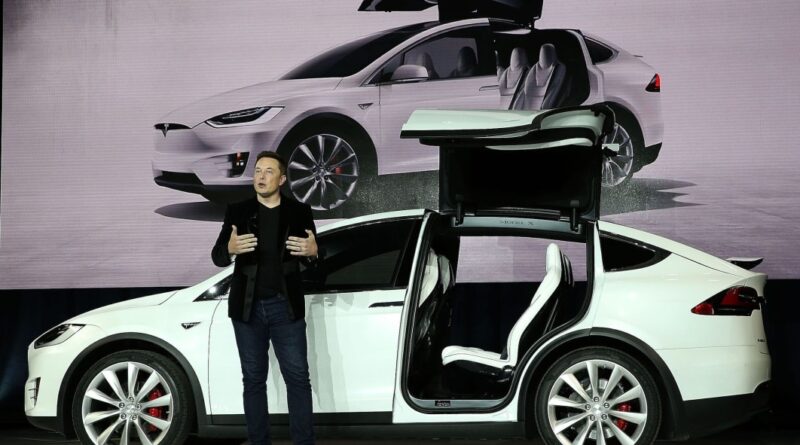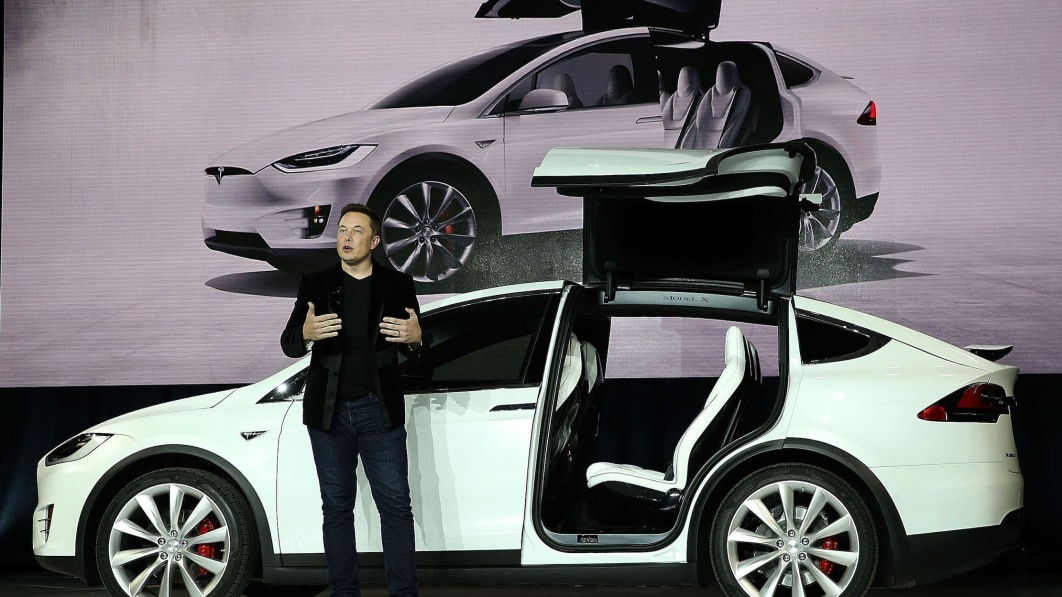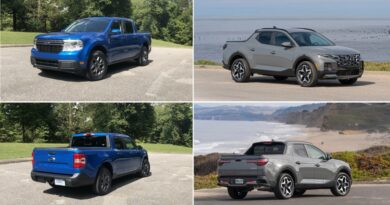A year of Tesla price cuts and Musk distractions
- Tesla started the year back on its heels.
- Elon Musk’s price war and the Cybertruck gave the company big wins in 2023.
- Musk’s personal drama continues to overshadow some of Tesla’s success.
Tesla did a lot of growing up in 2023.
Elon Musk’s company started the year back on its heels, with overflowing inventory, a stale-looking lineup, and shrinking profit margins due to a slew of hefty discounts.
All of these problems were shockingly mundane for a company helmed by one of the most polarizing figures in tech, and some saw it as a sign that Wall Street darling Tesla might just be a normal car company after all.
The normality at Tesla was welcomed and encouraged by investors, who were frustrated by Musk’s antics at his social media company X (formerly Twitter) and the knock-off effect on Tesla’s value.
“The Cinderella ride is over for Tesla,” Wedbush analyst Dan Ives said in a January note to clients. “Musk now needs to navigate the company through this Category 5 dark macro storm instead of focusing on his new golden child Twitter, which remains a distraction and overhang for the Tesla story/stock in our opinion.”
With 2023 largely in the rearview, automotive analysts who spoke with Business Insider agree that this year Tesla has taken a new place in Musk’s empire, alongside X and SpaceX, as a steady and reliable business.
Musk won his own price war
Investors were initially nervous at the start of the year when Tesla’s series of price reductions ate into the company’s industry-leading automotive margins — often touted as justification for Tesla’s market value eclipsing rest of the automotive industry.
But later in the year when the EV market experienced a sudden shift in buyers – away from early adopters and toward more budget-minded shoppers – Musk came out on top. While Tesla got ready to roll out its long-awaited Cybertruck, competitors like Ford, GM and Mercedes-Benz warned investors that their EV businesses were hitting roadblocks.
“This is a pretty brutal space,” CFO Harald Wilhelm said on an October analyst call. “I can hardly imagine the current status quo is fully sustainable for everybody.”
While legacy car companies go back to the drawing board on their EV ambitions, Tesla has lots of runway to price their cars correctly for the market while still turning a profit on battery-powered cars – something almost none of Tesla’s competitors have achieved as of yet.
Deutsche Bank predicts fourth-quarter revenue around $24.7 billion and an automotive gross margin around 16.2%, according to a recent note to clients. That margin is off 10 basis points from the third quarter alone, but still outpaces the industry average around 9%.
That shows just how much room Musk has to run on price cuts for the next several months, analysts say.
Cybertruck brings the hype
While Tesla spent most of this year doing normal car company things, like discounting cars and adjusting manufacturing efficiencies, the Cybertruck launch in November provided the shot in the arm Musk’s company needed to keep people excited.
Production on the trapezoidal truck started over the summer, leading to months of hype and online speculation about Cybertruck’s final form. While the launch event was a bit of a letdown for some of Tesla’s biggest fans, Cybertruck is still a much-needed shot in the arm for an aging Tesla lineup.
A slew of new competition in the EV market this year meant that for the first time, Tesla started losing market share to competitors. The company’s share of US EV sales fell to a record low of 50% in the third quarter, according to Cox Automotive, continuing a steady decline in share that began late last year.
Still, Tesla is expected to end 2023 with 1.8 million vehicles sold, according to Deutsche Bank. That’s a nearly 38% increase from last year, and just barely hits the goal Musk set for the company at the start of the year.
Musk’s personal drama
While Tesla began to act like an ordinary car company, Musk is far from a typical CEO and 2023 was perhaps one of his most tumultuous years yet.
Last month, Musk’s issues at X finally started to spill over onto Tesla. When the billionaire appeared to boost an antisemitic post on X, the backlash from Tesla fans and investors was swift.
“Getting a flood of messages from clients wanting out of Tesla and anything to do with Elon Musk,” Tesla investor Ross Gerber wrote on X in November. “Many saying they are selling their cars as well. What is he doing to the Tesla brand??!!?!?”
Musk eventually apologized for the post, calling it “foolish.”
Just a week later, at Dealbook’s November conference, X once again upstaged Tesla. Musk had little to say at the event about the Cybertruck and instead took the opportunity to tell X advertisers, including Disney CEO Bob Iger to “Go fuck yourself.”
The next day, Tesla’s Cybertruck delivery event was met by disappointment from fans — many of whom had expected Musk to deliver on the vehicle’s promised range and price. Instead, what should have been Tesla’s victory lap turned once again to public criticism of Musk.
Nonetheless, Musk has a propensity for bouncing back.
“We started the year asking ‘OK, who is going to catch Tesla this year?,” said Martin French, managing director at automotive consultancy Berylls. “I was always one of the ones that said Tesla will be very difficult to catch, and if you look back at 2024, no one’s come anywhere near close.”





